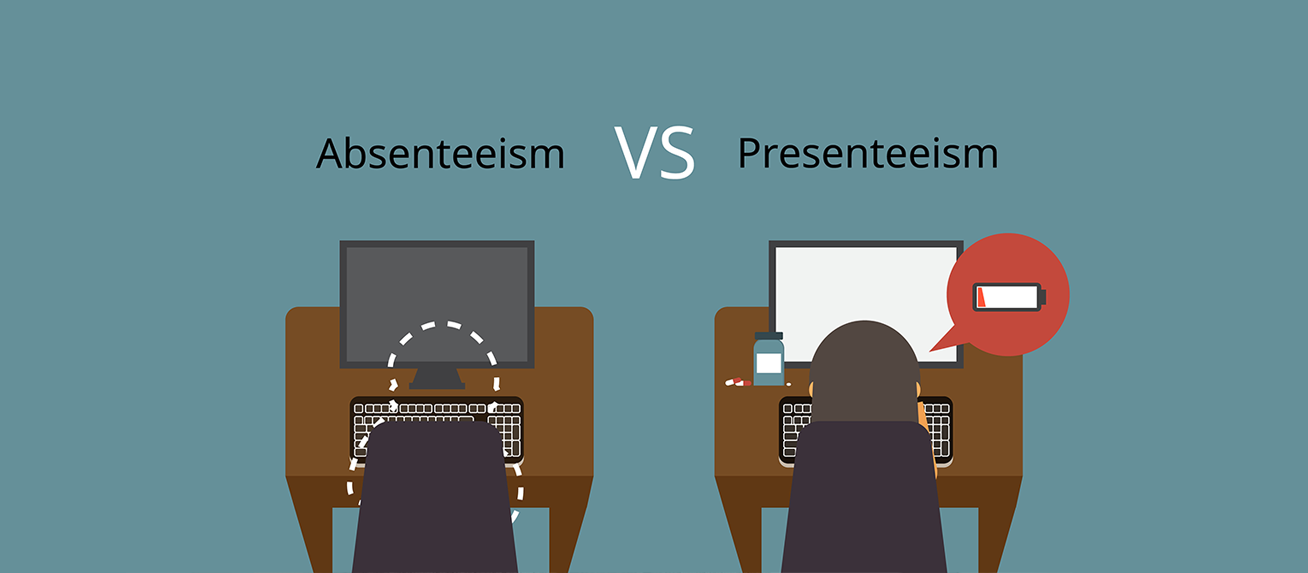Wellness tip: Embracing Connection: Why Being Social in Winter Boosts Wellbeing
Winter can tempt us into hibernation mode, less sunshine, colder days, and the pull to stay indoors.

Managing disappointment is a crucial life skill that can significantly impact your mental and emotional well-being.
Disappointment often stems from unmet expectations, whether related to personal goals, relationships, or professional endeavours. Here are some effective strategies to cope with and overcome disappointment:
Acknowledge Your Feelings
The first step is to recognize and accept your feelings of disappointment. It's normal to feel upset, frustrated, or even sad. Allow yourself to experience these emotions without judgment, which can help in processing them effectively.
Reframe the Situation
Try to view the disappointing event from a different perspective. Ask yourself what you can learn from the experience. Often, disappointments can provide valuable lessons and insights that contribute to personal growth and resilience.
Set Realistic Expectations
Evaluate whether your expectations were realistic or if they need adjustment. Setting achievable goals can prevent future disappointments and help you maintain a balanced perspective.
Focus on What You Can Control
Redirect your energy towards aspects of the situation you can influence. This proactive approach can empower you and reduce feelings of helplessness.
Practice Self-Compassion
Be kind to yourself during times of disappointment. Avoid self-criticism and recognise that everyone experiences setbacks. Treat yourself with the same compassion you would offer a friend in a similar situation.
Seek Support
Talk to someone you trust about your feelings. Sharing your disappointment with others can provide comfort and potentially offer new perspectives on the situation.
Move Forward
Once you have processed your feelings, focus on the future. Set new goals and take small steps towards achieving them. Maintaining a forward-looking mindset can help you overcome disappointment and build resilience.
By incorporating these strategies, you can manage disappointment more effectively, turning it into an opportunity for growth and learning rather than a setback.

Winter can tempt us into hibernation mode, less sunshine, colder days, and the pull to stay indoors.

Presenteeism is showing up at work despite being physically unwell, mentally exhausted, or emotionally burnt out.

Breaking the cycle of conflict requires intention and three core skills: reflective listening, self-awareness, and assertive communication.